The Power of Gratitude
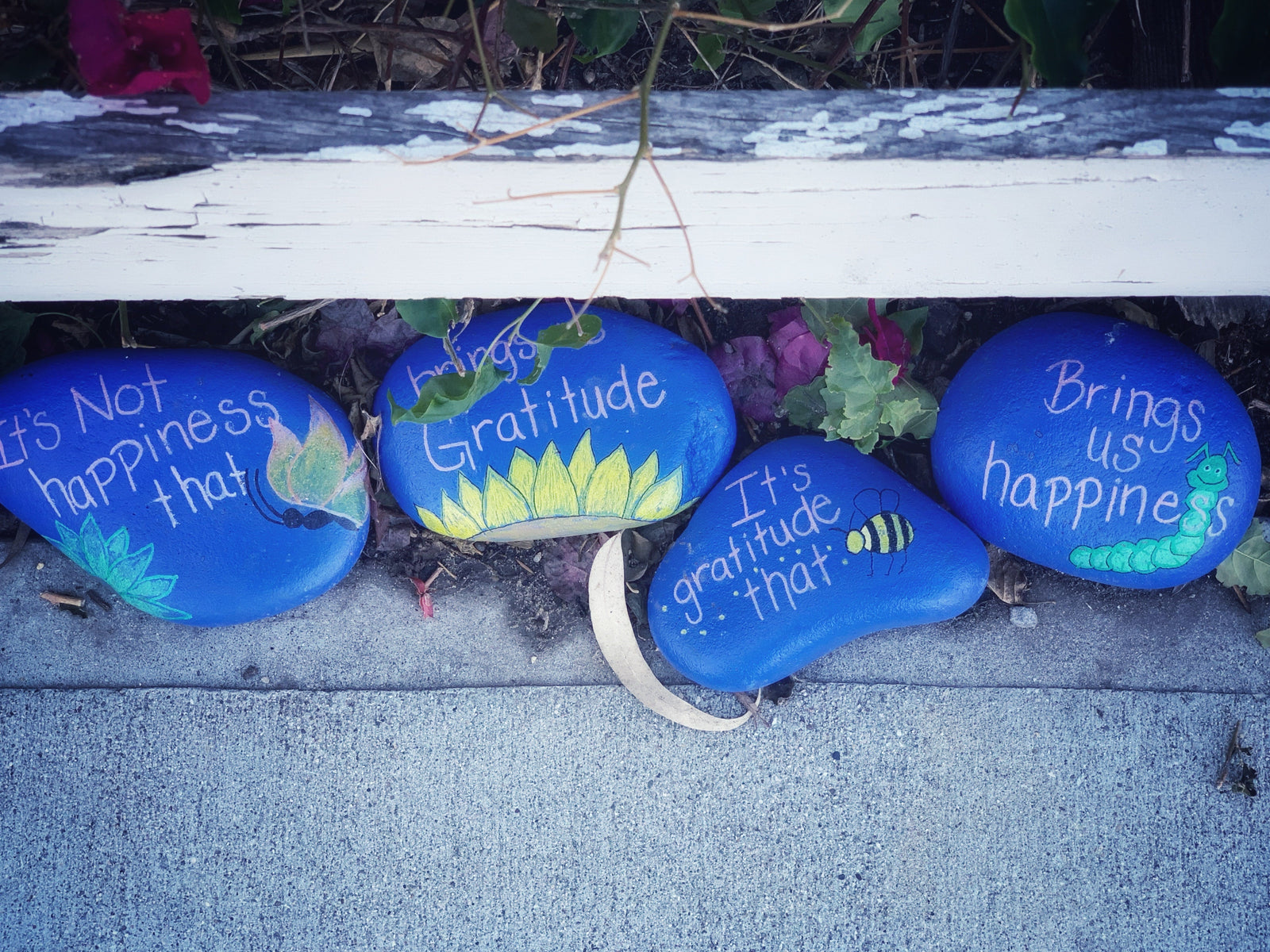
Gratitude is usually associated with Thanksgiving but this essential practice should be a year-round part of you wellness toolkit. While the practice and act of gratitude looks different for everyone, the basis of the practice is rooted in thankful appreciation. Gratitude isn’t limited to what we currently have, this positive attitude can be applied to the past, present, and create a positive outlook for the future.
Gratitude allows us to acknowledge and appreciate the joyful aspects of our lives and consciously give thanks for what we currently have. For some, a gratitude practice may include creating a list of five things you are grateful for each day; others may express and experience gratitude through meditation or prayer.
Practicing gratitude is one aspect of living mindfully. Taking time to acknowledge and focus on the positive things in our lives forces us to slow down and savor each moment. We can express and experience gratitude for large things in our lives like our health and family but we can also find gratefulness in the smallest aspects of everyday living. Notice how you feel after your first sip of hot tea on a cold day or appreciate the feeling of relief after taking off your shoes when you get home.
There are no shortage of studies describing the benefits of mindfulness but research specifically conducted on gratitude reveals just how helpful this practice can be to people in mental distress. A recent study of 293 university students seeking mental health services examined how a gratitude practice can directly affect mental health and clarity, especially depression and anxiety.
All students received counseling but two thirds were given a writing activity to accompany their mental health apportionments. The first group was asked to write a letter of gratitude to another person each week for three weeks. The second group wrote about their thoughts and feelings related to negative experiences.
After 12 weeks, the students who were assigned to write gratitude letters showed a greater improvement in mental health than the students who wrote about their deepest thoughts. There is already sufficient evidence to suggest that gratitude can benefit healthy individuals, but this unique study confirms that gratitude can benefit people in distress as well.
But the benefits don’t end there. People who practice gratitude have higher self-reported levels of wellness and lower self-reported levels of pain. A 2014 study also found that grateful people are also more likely to seek health care if an issue comes up. Being proactive about our health and taking care of our bodies creates a positive feedback loop of mental and physical wellbeing.
Being grateful and focusing on the positive aspects of our lives can also help us sleep more soundly and better handle stress. If racing thoughts and negative emotions are keeping you up at night, spending time practicing gratitude may help you get a better night’s sleep. A study in Applied Psychology: Health and Well-Being found that people with self-reported sleep disturbances who spent time doing a daily gratitude exercise slept more deeply and work up better rested.
In addition to the mental and physical benefits of gratitude, being a more thankful person can help you connect with others. Research has shown that people who have a close circle of friends have better health outcomes and lower risks for chronic illnesses like diabetes and depression. Saying “thank you” goes a long way to build connections, a 2014 study in Emotion found. When people expressed gratitude by saying “thank you” or acknowledging the person in other ways, the recipient of the affirmation said they were more likely to pursue a friendship with the thankful person.








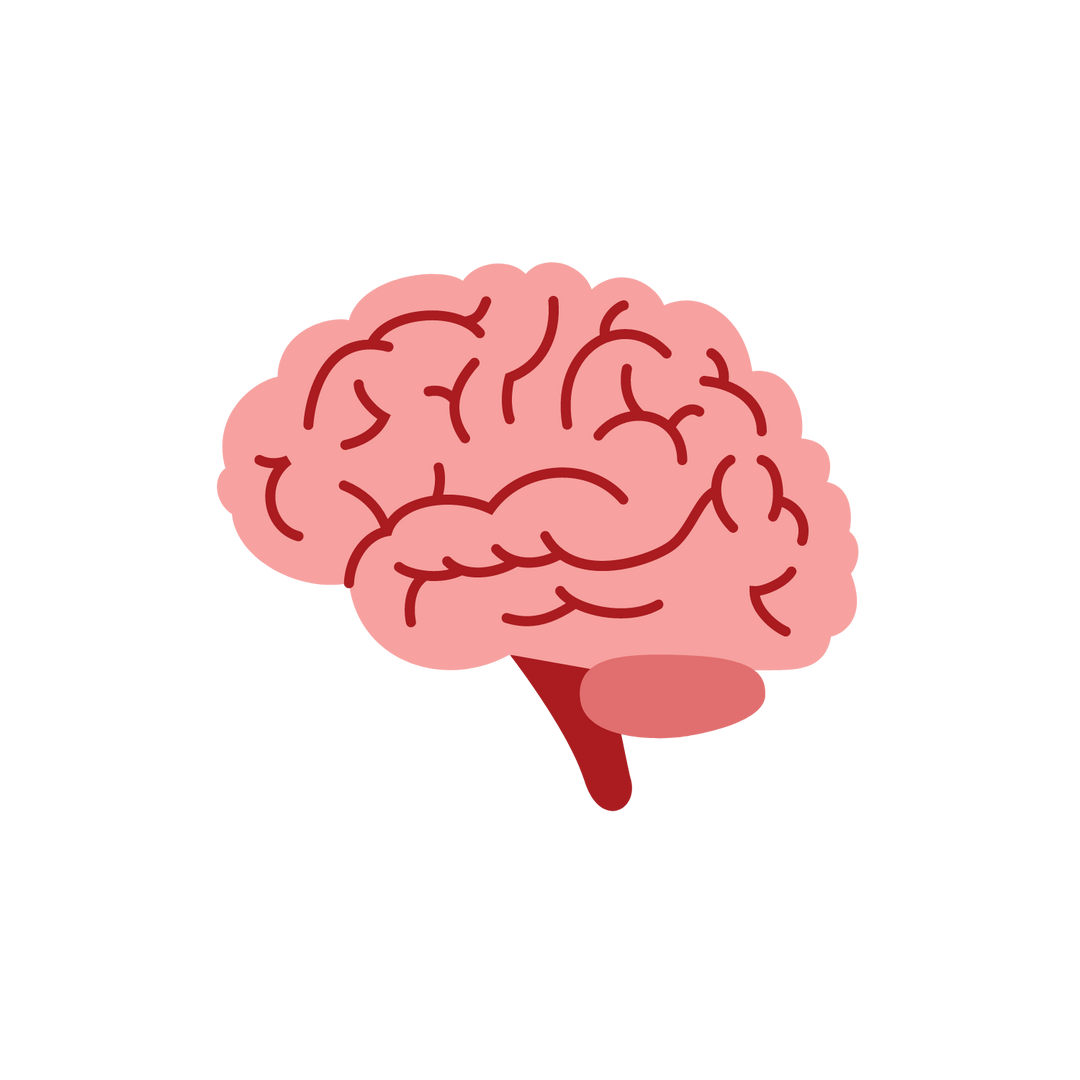






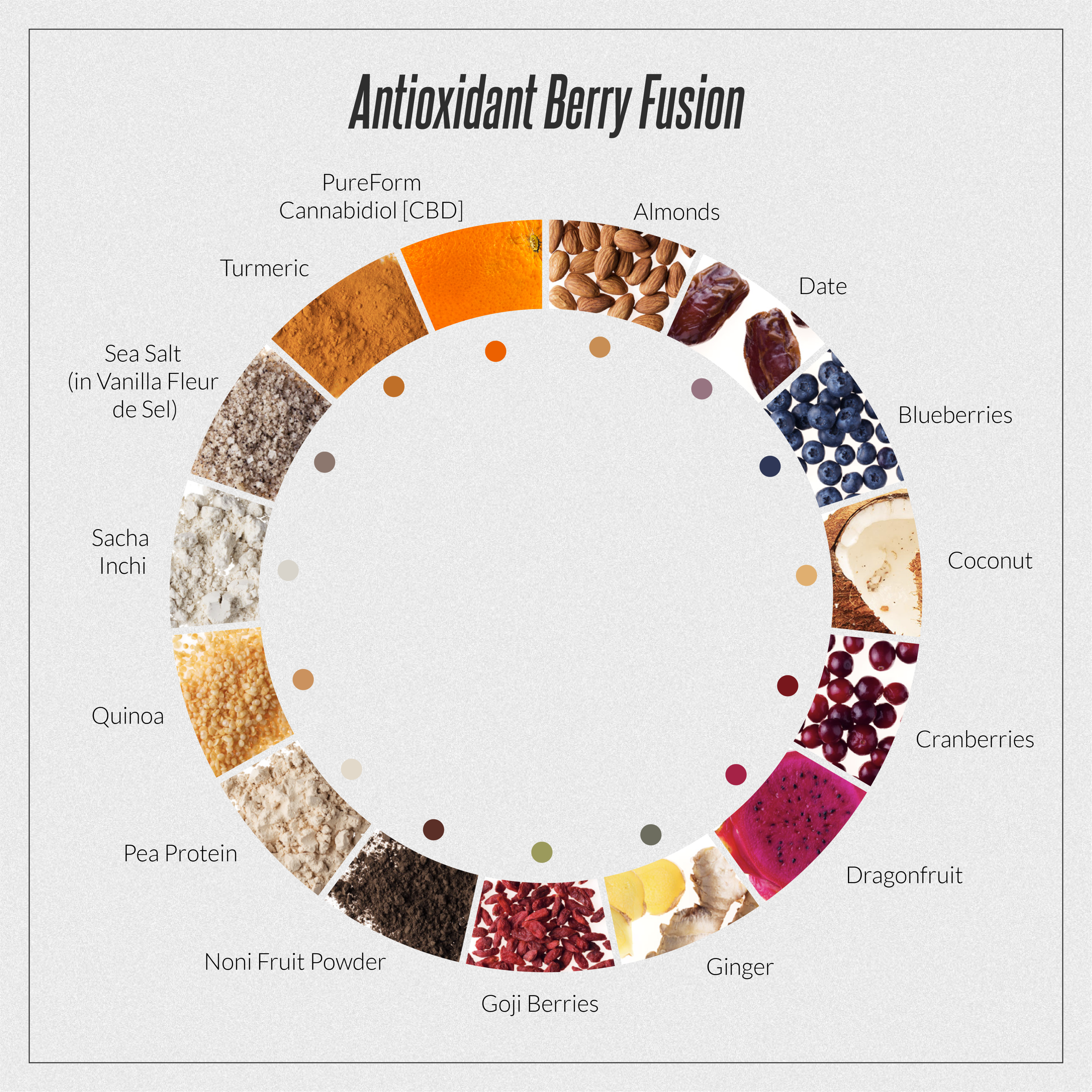










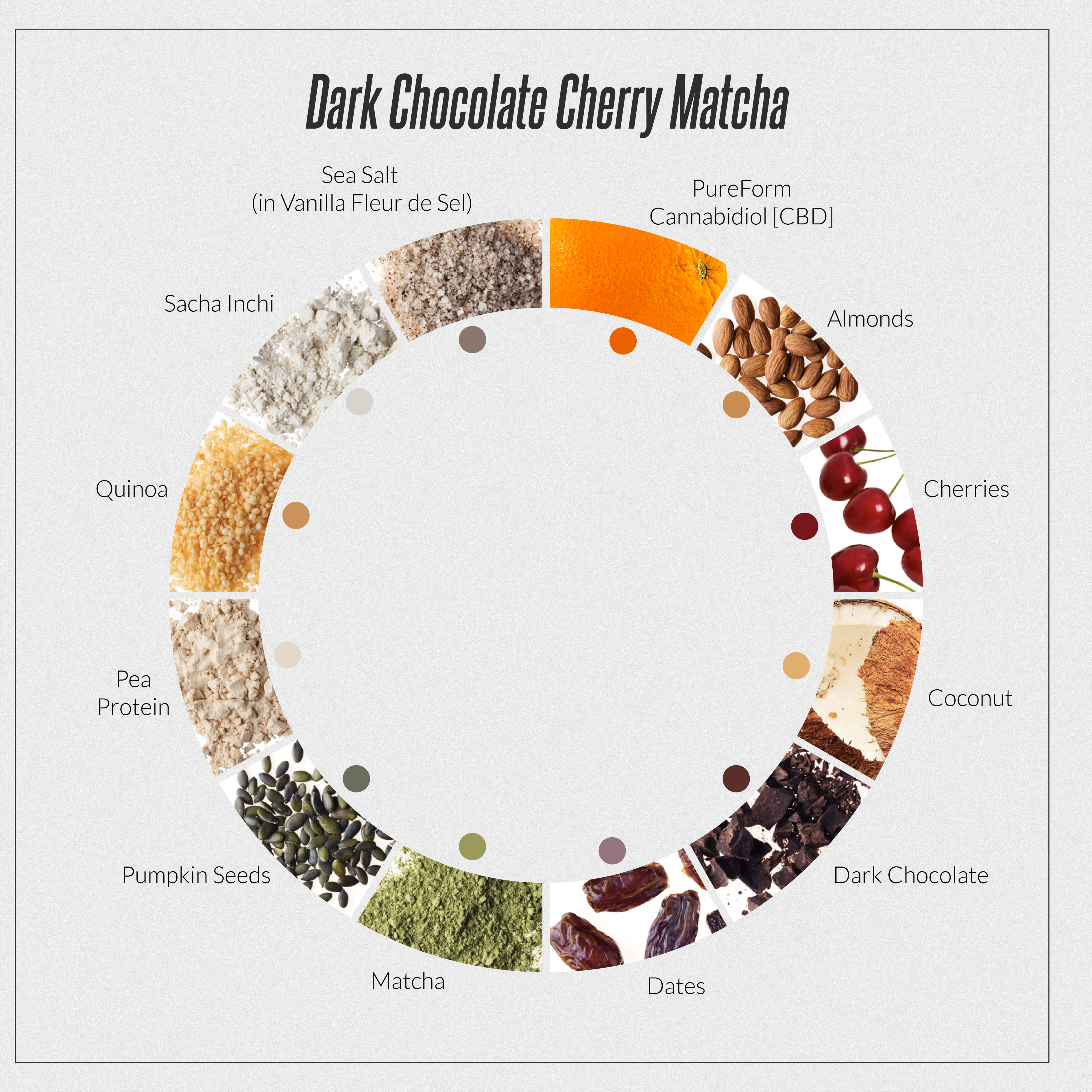

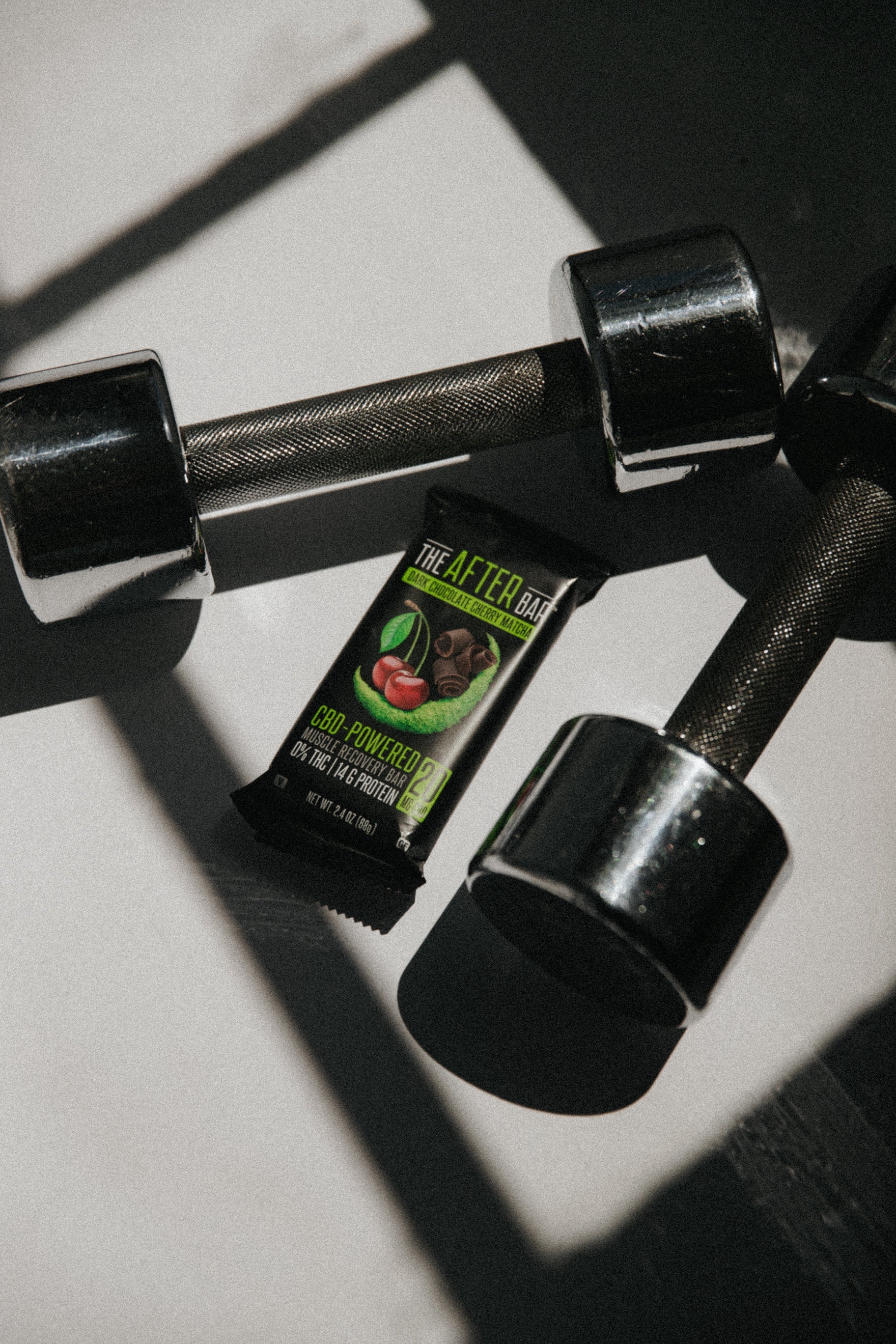


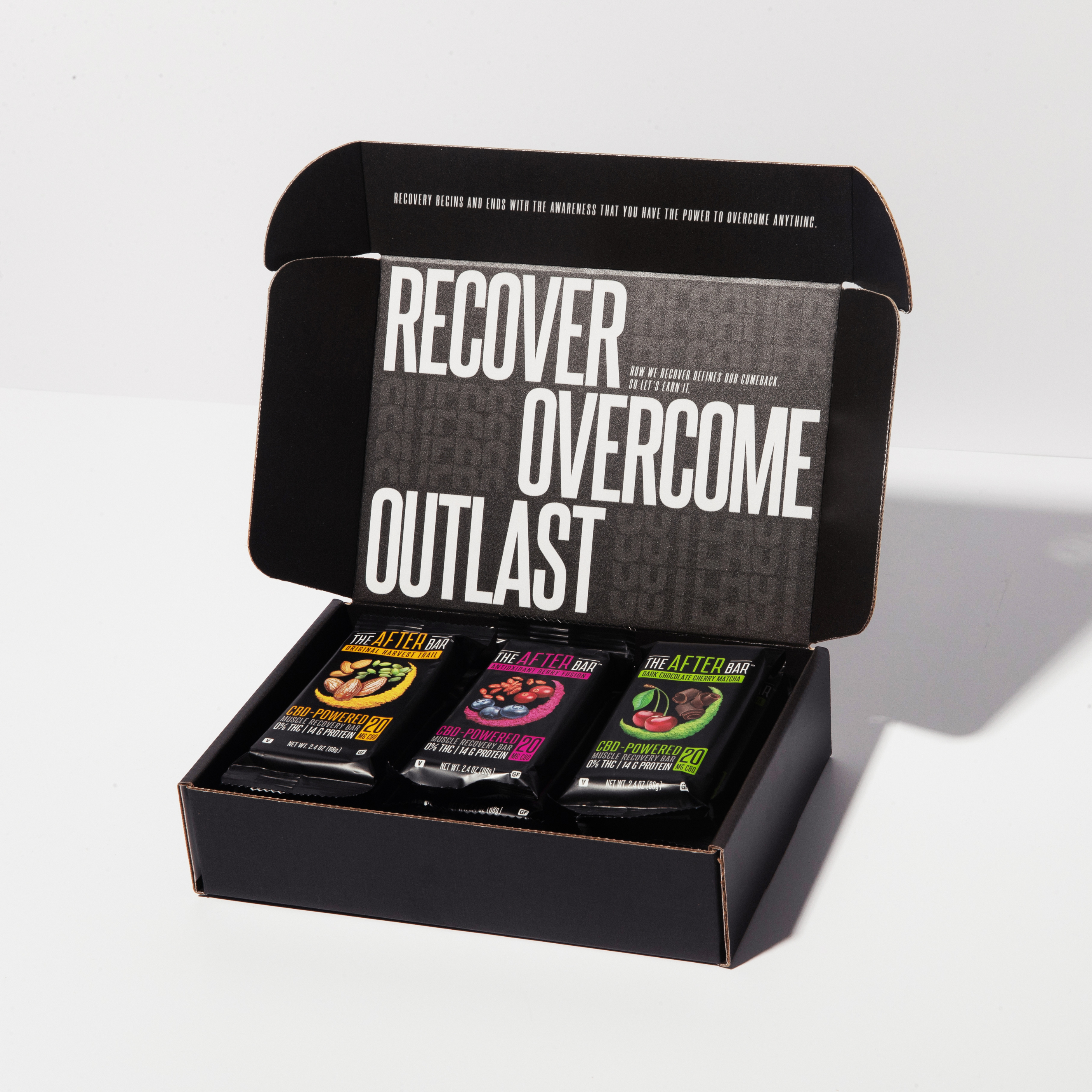




Leave a comment